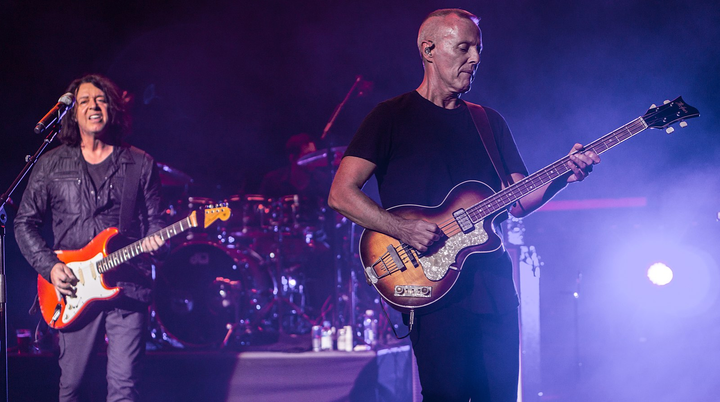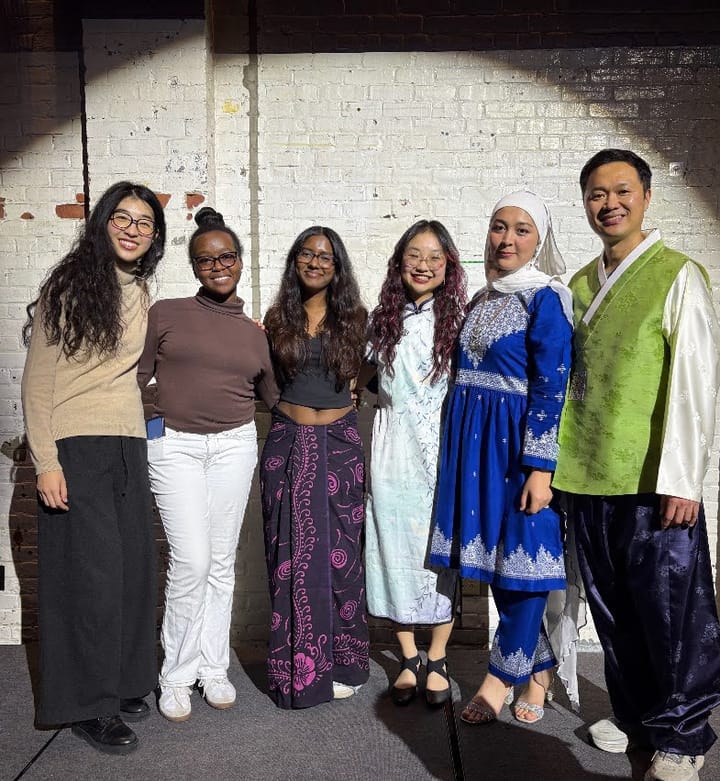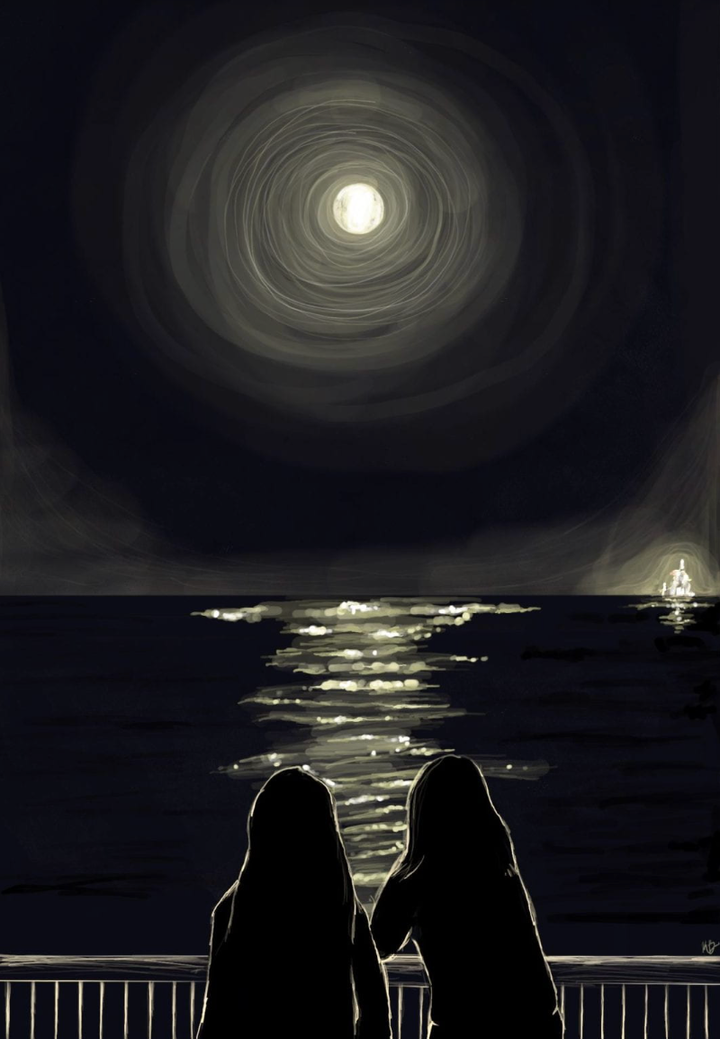A Conversation with a Student on the Frontiers of Climate Change
Student Voices from the Frontlines of Climate Change, an event hosted on Nov. 28 by the Students for Climate Action (SCA) and the Association of Amherst Students (AAS), provided an opportunity for students to share the ways in which climate change has impacted their lives. The event sought to implore the college to pass the Climate Action Plan — the draft reccomendation plan for the college to become carbon neutral. Gabriel Echarte ’22, whose home is in Miami Beach, Florida, gave the opening presentation. The Amherst Student sat down with Echarte to further explore his first-hand experience.
Q: What pushed you to open your presentation with the excerpt from the New York Times piece “Losing Earth: The Decade We Almost Stopped Climate Change” by Nathaniel Rich, which alarmingly stated that “long-term disaster is now the best-case scenario”?
A: I read the article over the summer when it first came out, and I remember even then feeling as though the world has to read this. It just slaps you in the face with how serious the situation is. Climate change is an issue that has a mist around it at times, like you are not so certain in black-and-white terms what is going to happen. This piece laid out in perfect terms what is happening. The world needs to hear it.
Q: How can students present a message of hope for change that would be well received by other generations?
A: The first step is passing the Climate Action Plan with a really aggressive timeline because it allows for hope and allows for future students to do more. To maintain hope is to make these efforts more permanent.
Q: In what ways do you think that pressing for carbon neutrality on Amherst’s campus is the first step toward living and promoting a more sustainable life?
A: Everyone always says if it is a small group trying to make change, it is like you are just a small drop in the ocean. But, at the end of the day, what is the ocean but a multitude of drops?
Q: Tell me more about your deeply loved places on Miami Beach, which you described in your talk. How did they become, like you said, “sacred to you?”
A: Miami Beach has one bridge that you have to drive over to get there, and on the way home I look around and see tons of physical reminders of all of these amazing moments I have had in my life and [I see] the fact that those will be ravaged by climate change. The last physical manifestations of those I love will be wiped off of this earth. The last place I saw my grandpa alive will be gone, too. The beauty of my home, all of the magical places I want to show my kids will be gone, and all they will see is a fading world.
Q: Could you talk again about your final point, the moment when you discussed that it is in human nature to be irrational at times, and if to hope is to be irrational, then let us be irrationally hopeful?
*A: *That is the final quote from this Nathaniel Rich article which states, “Human nature has brought us to this place; perhaps human nature will one day bring us through. Rational argument has failed in a rout. Let irrational optimism have a turn. It is also human nature, after all, to hope.” We must end with a message of hope. Hope is particularly important and I sought to convey throughout my speech the feeling of living in a place that is [running] out of time and a place with no hope, to try to have you feel the weight of that. But that time has not come. There is still hope, but we are already paying a steep price. We must instill a road for things to get better.
Q: Do you recall that statement you made during your talk along the lines of “We cannot submit to the fate of living in a place with no future, a place like Miami”? Could you explain that a bit more?
A: Living without hope is one of the worst things. And I want people to see places like Miami and have them push [people] toward action. It is because I believe in the human project, that people are capable of amazing things. Take Amherst College — it is an institution that attempts to make higher education affordable and accessible for so many people, to attempt to make a better human being. We appreciate Amherst for giving us that opportunity to have our voice, to have our freedom to say this and to try to fight for this. We are now left with the task of mitigating the damage as best we can and maintaining the human spirit of hope throughout.





Comments ()